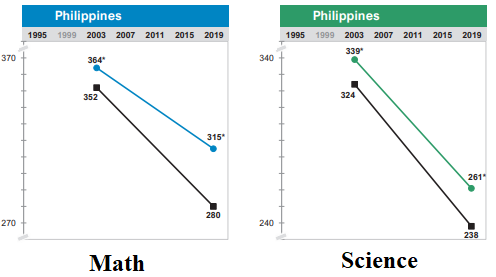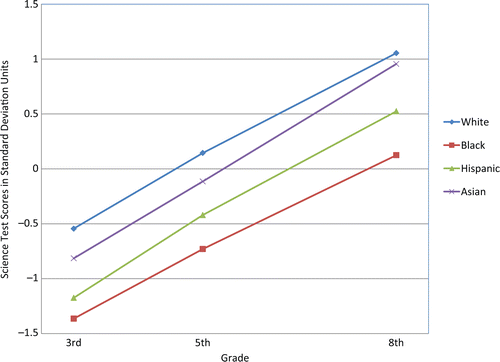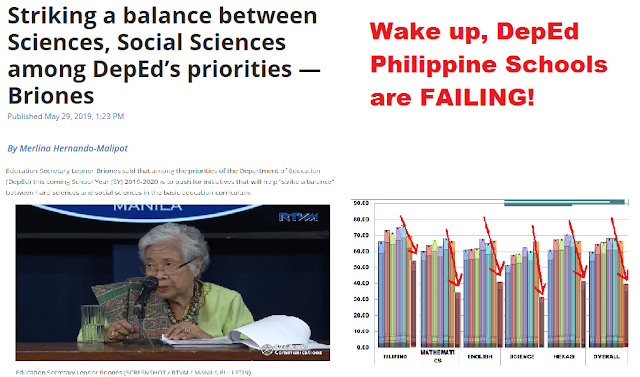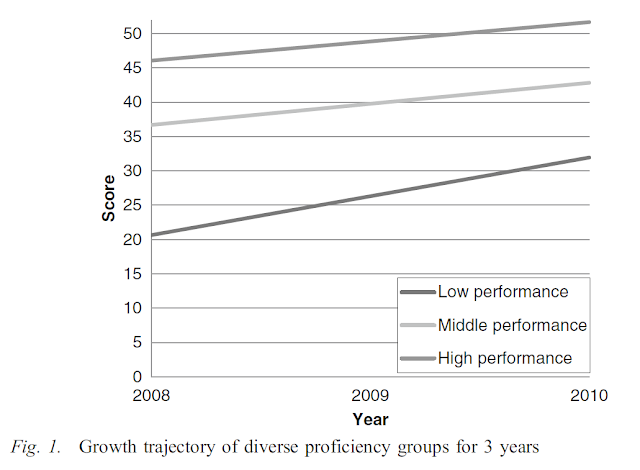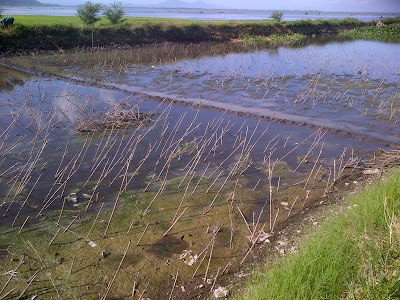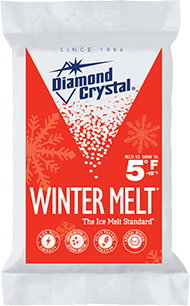Philippines' Poor Performance in Math and Science Is Much More Than Just A Language Problem

With the dismal performance of students in the Philippines in the 2019 TIMSS, it is timely to reflect on why basic education in the Philippines is failing. Surely, there are factors that correlate with low scores in math and science. These are parental education, number of books available at home, availability of computers and internet, and the general attitude of students toward mathematics. These factors indeed require an Herculean effort to overcome for any educational system. Developing skills in math and science requires support from home, but this cannot be used as an excuse for the failure of a school system. One must not disregard, for instance, the fact that teachers in the Philippines themselves do not do well in exams in mathematics . There is likewise a tendency to find fault in the testing itself. Language is one excuse. When reasons are too obvious, it is not really helpful to look further. When students from the Philippines took the exam in their language...
